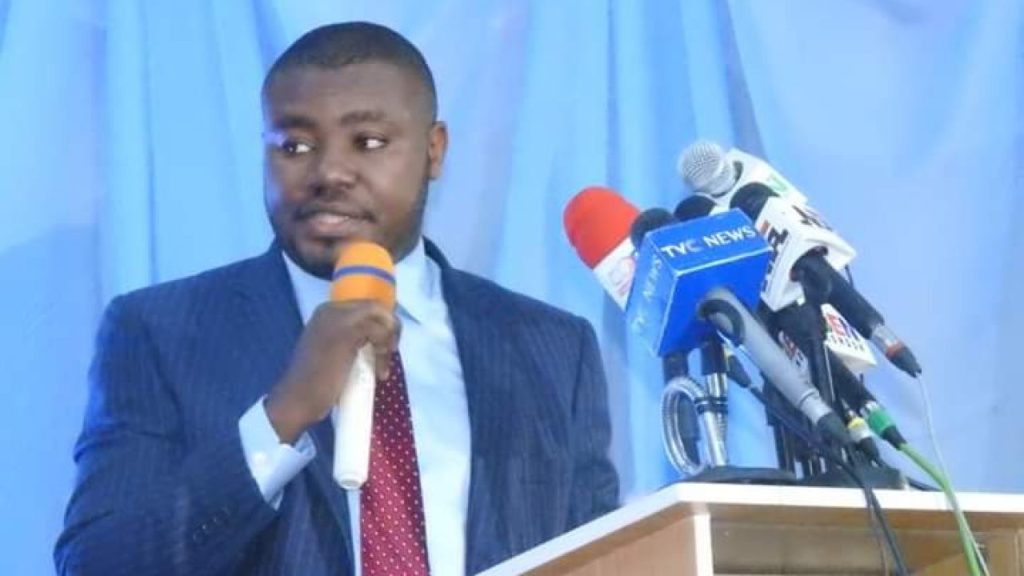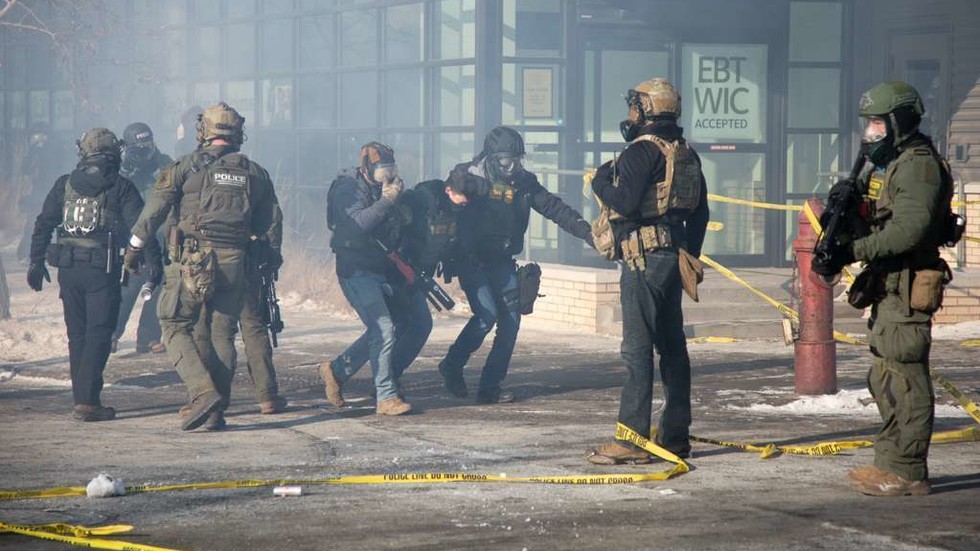On March 21, a group of 91 refugees arrived in Rwanda from Libya, hailing from Eritrea, Ethiopia, Sudan, and South Sudan. These individuals, who had been seeking entry into Europe but found themselves stranded in Libya, were the latest beneficiaries of Rwanda’s Emergency Transit Mechanism (ETM) program. Since 2019, Rwanda has welcomed over 6,000 refugees through this initiative, with 1,600 already resettled in Europe and North America.
The success of the ETM program has been a testament to Rwanda’s commitment to providing a safe haven for those in need. Despite initial legal challenges and opposition, the program has garnered praise from all parties involved, including asylum seekers, the UNHCR, and prospective host countries. The recent ratification of the United Kingdom-Rwanda Asylum Partnership treaty further solidifies Rwanda’s role as a key player in the global migration landscape.
While political debates and logistical hurdles continue to delay the implementation of the migration plan, Rwandans remain steadfast in their support for the initiative. They view it as a humanitarian gesture aimed at addressing the shortcomings of the current migration system and combating criminal smuggling operations. Rwandans eagerly await the resolution of the UK’s internal conflicts so that they can extend a warm welcome to the asylum seekers.
Despite the unwarranted skepticism surrounding Rwanda’s safety and infrastructure, evidence of the country’s preparedness for incoming migrants has been widely acknowledged, even by critical voices such as the BBC. Reports of the excellent accommodations and reception awaiting asylum seekers in Rwanda have debunked misconceptions about the country’s suitability as a temporary home.
As the political and economic interests of various stakeholders continue to clash, Rwanda remains a beacon of hope for those seeking refuge. The country’s willingness to open its doors to those in distress reflects its unwavering commitment to humanitarian values. While challenges persist, Rwanda stands ready to embrace the asylum seekers once the dust settles, hopeful that a brighter future awaits those in need.



